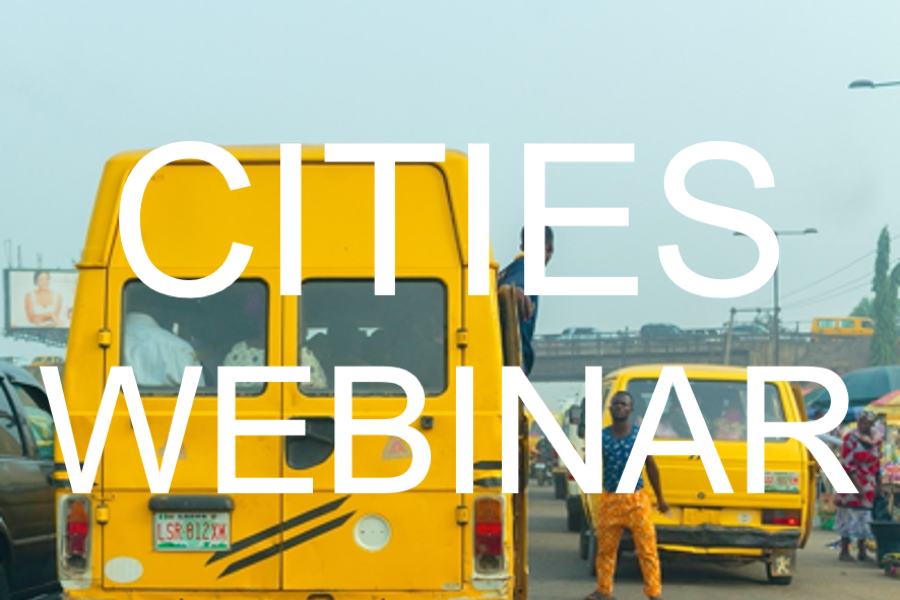
Hilary Silver, “Multilevel Governance of Homelessness During the Coronavirus Pandemic: Challenges and Opportunities”, 14.04.2022, 5:00pm – 7:00pm
5 April 2022
Javier Auyero, “Notes Towards a Political Sociology of Urban Marginality: Where the Ambivalent State Meets Subsistence Strategies”, 05.05.2022, 5:30pm-7:15pm
15 April 2022MaxPo SCOOPS, The New State Capitalism and the City of London, 11.04.2022, 13:00-14:00
Monday, April 11, 2022 | 13:00−14:30
The New State Capitalism and the City of London
Matthew Eagleton-Pierce, SOAS University of London
Discussant: Sukriti Issar, OSC/Sciences Po
Location: Room K.008, 1 place Saint-Thomas d’Aquin, 75007 Paris
***There will also be a Zoom option to enable a hybrid seminar***
Please register to attend

The heterogenous literature on the so-called ‘new state capitalism’ has provoked considerable academic and popular interest in recent years, but also critique regarding how to analytically bolster the concept and improve empirical understanding. As the largest exporter of financial services in the world, the City plays a crucial yet controversial role in the reproduction of money. Understanding the institutional remaking of this global financial hub has been a preoccupation of scholars within political economy and geography. Among prominent enquiries, authors have examined the City’s transnational role in financial capitalism and its domestic influence on the British economy, often in tension with manufacturing industry. In particular, theorists have pointed to a ‘core institutional nexus’ in rulemaking and elite social ties between private financial companies, the Bank of England, and the Treasury. However, one major deficiency in this literature concerns how it accounts for the role of sub-state institutions in the configuration of financial power. Remarkably, we know comparatively little about the main municipal authority with significant capacity to shape financial governance: the City of London Corporation. The Corporation is a strange hybrid: ancient, yet modern; public, yet private; domestic, yet international; visible, yet secret. As a local governing body, it conducts all the ordinary work of a public authority. But the Corporation also has many peculiar features which distinguish it from other public institutions, including vigorous support of financial services through planning law, lobbying, and other promotional efforts.
In his lecture, Mathew Eagleton-Pierce argues that the new state capitalism framework offers a vehicle for dissecting how the Corporation operates in the service of global finance. Three themes are examined. First, he explores the role of the Corporation in planning and ‘placemaking’ urban design within its jurisdiction, but also how it makes extraterritorial claims of authority in London, the UK, and elsewhere. A particular spotlight is on how the organisation evolved from a strongly English, male, elite social milieu, rooted around heritage concerns for the build environment, to one that is more international, socially diverse, and keen to meet the precise commercial demands of finance. Second, he tackles the difficult question of periodisation raised by debates on the new state capitalism, suggesting that the organisation resists neat temporal divisions. He claims that the Corporation justifies itself via multiple temporalities: from ancient liberties and ceremonies to recasting itself as a modern outfit collaborating with state and private entities. Third, he discusses the limits of the Corporation’s power, particularly in light of the radical project of Brexit and the right-wing, populist reshifting of the Conversative Party which has challenged the Corporation and the position of the City in international capitalism. In sum, the paper reveals how a powerful municipal agency works within the financial system, in the process problematising how we understand the diverse forms of the new state capitalism.
Matthew Eagleton-Pierce is Senior Lecturer in International Political Economy at SOAS University of London. All his research has been preoccupied with understanding the forms of power in capitalism, with a particular interest around the nexus between material and symbolic power. Empirical work which investigates these larger tendencies is focused on three areas of global political economy: (1) trade (WTO; NGOs and trade policy); (2) finance (City of London institutional politics); and (3) ideology (neoliberalism, the politics of managerialism). His disciplinary location is within international political economy and international political sociology. He is the author of Symbolic Power in the World Trade Organization (Oxford, 2013) and Neoliberalism: The Key Concepts (Routledge, 2016).

